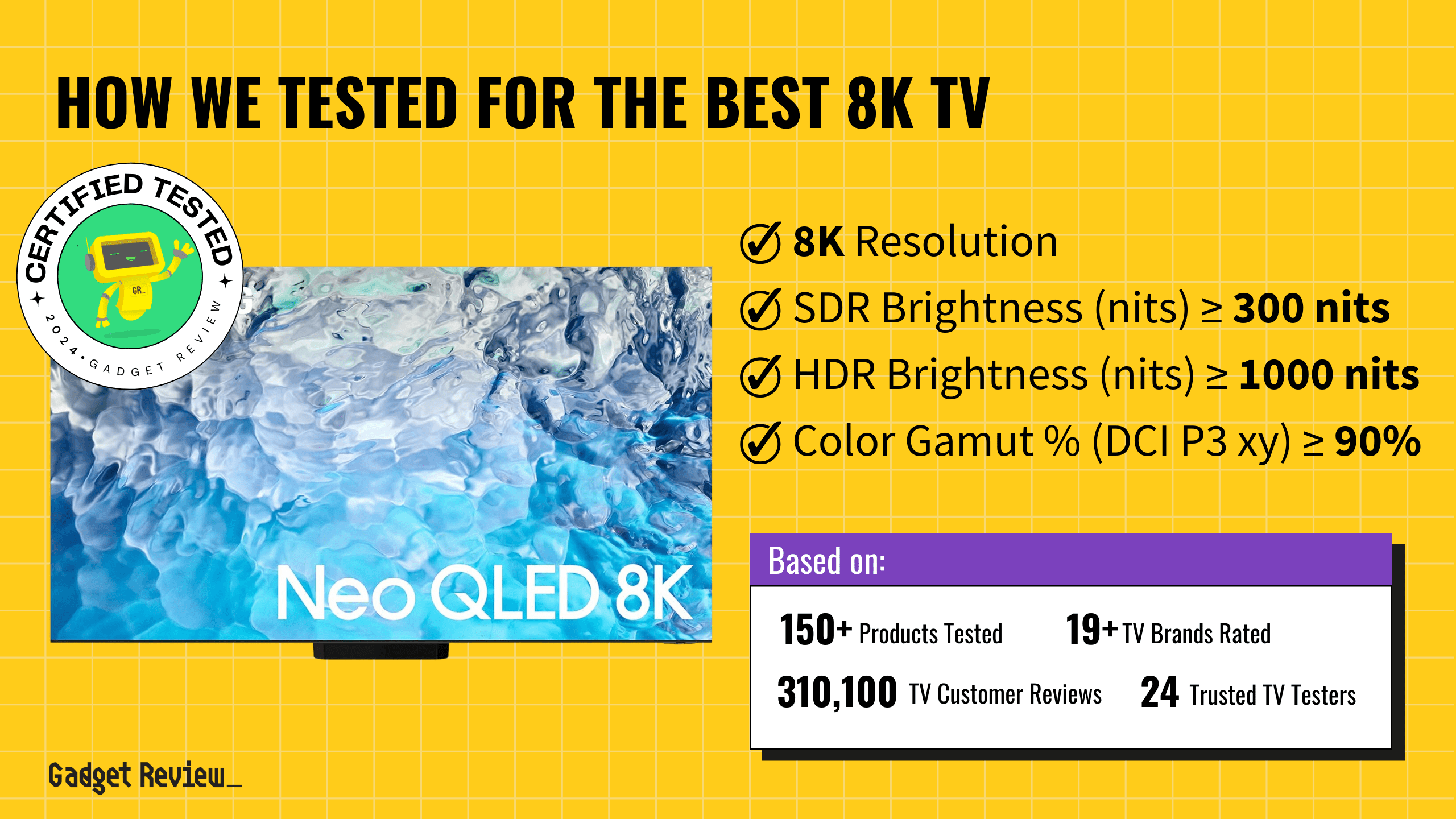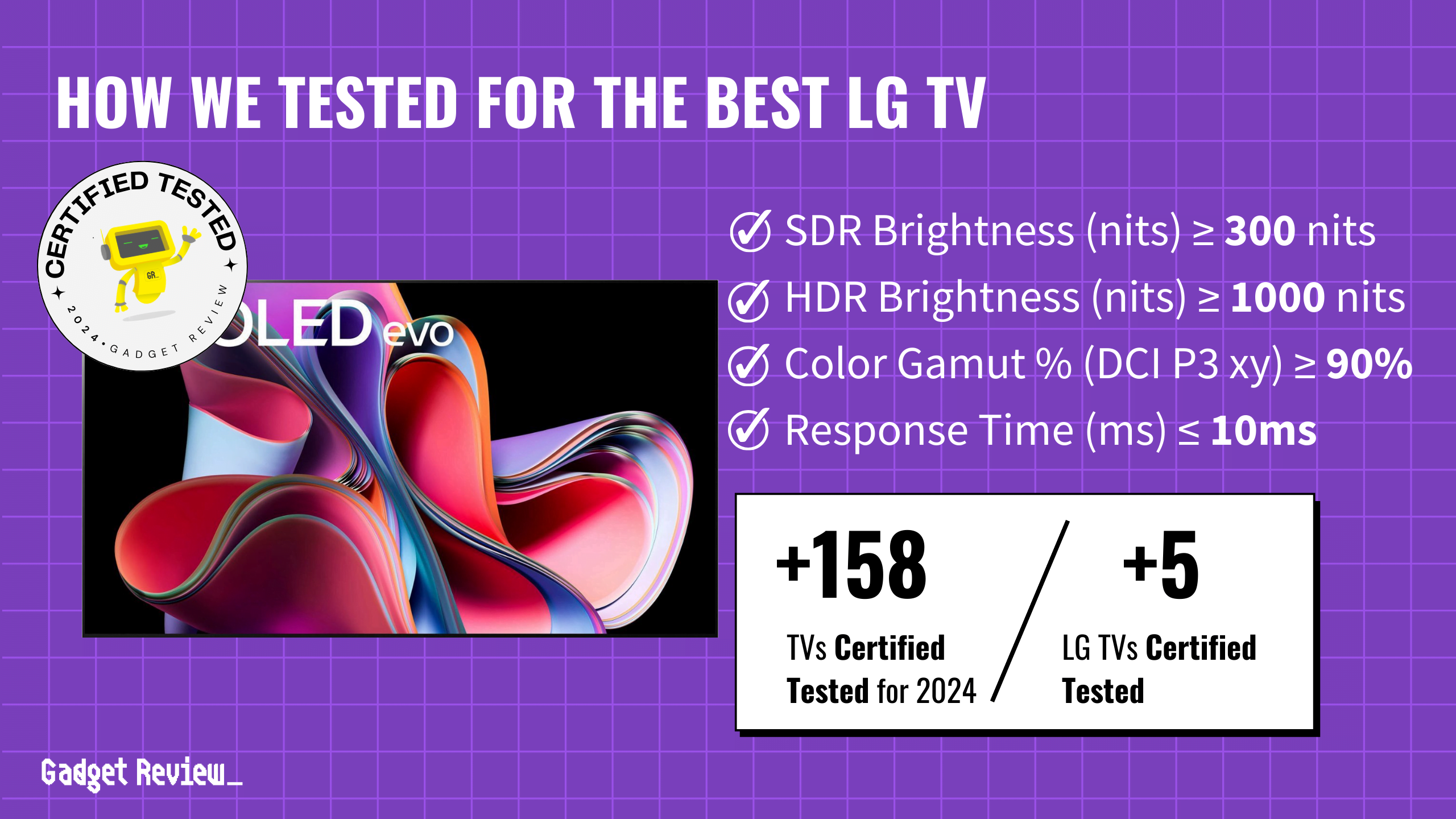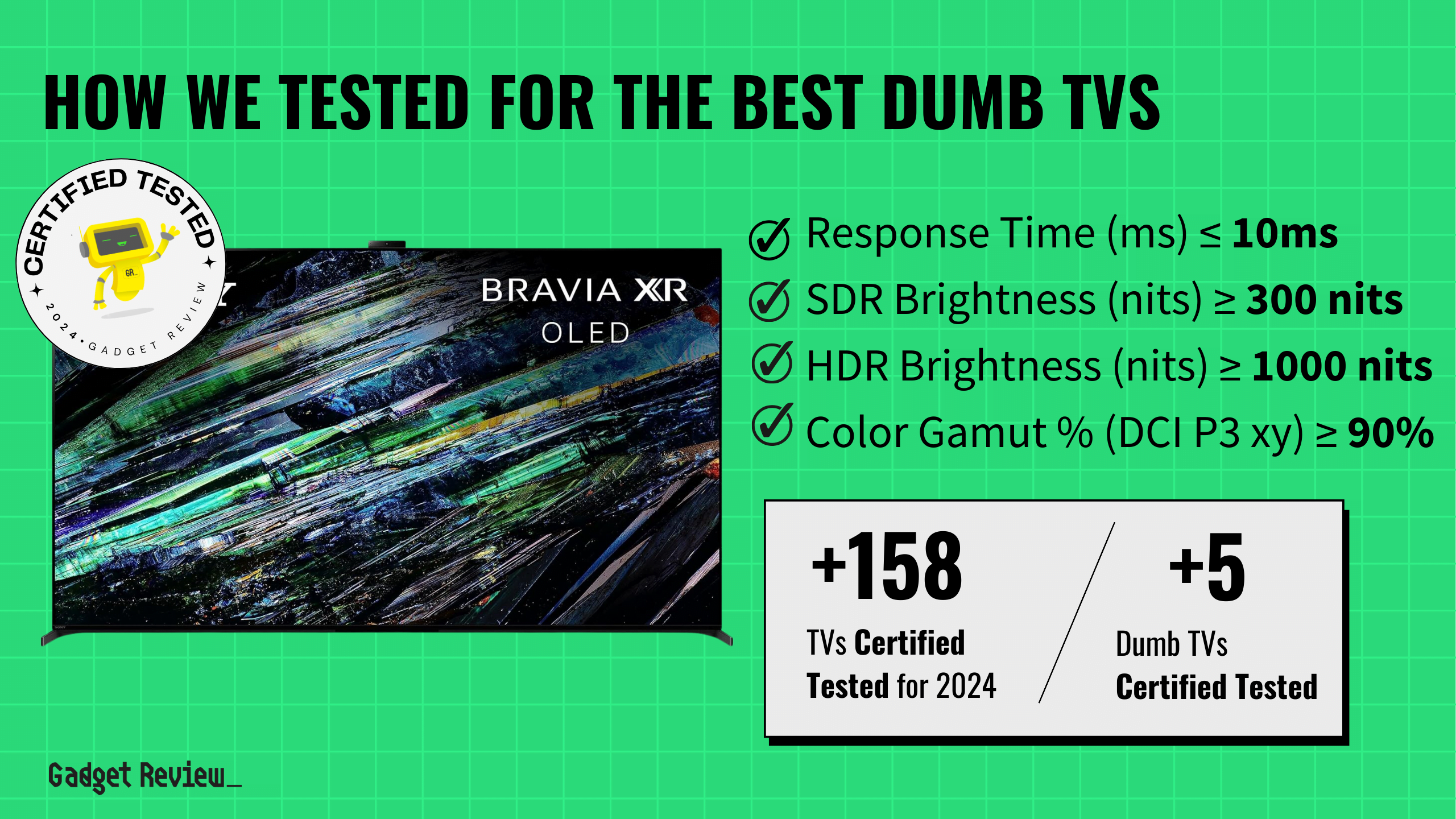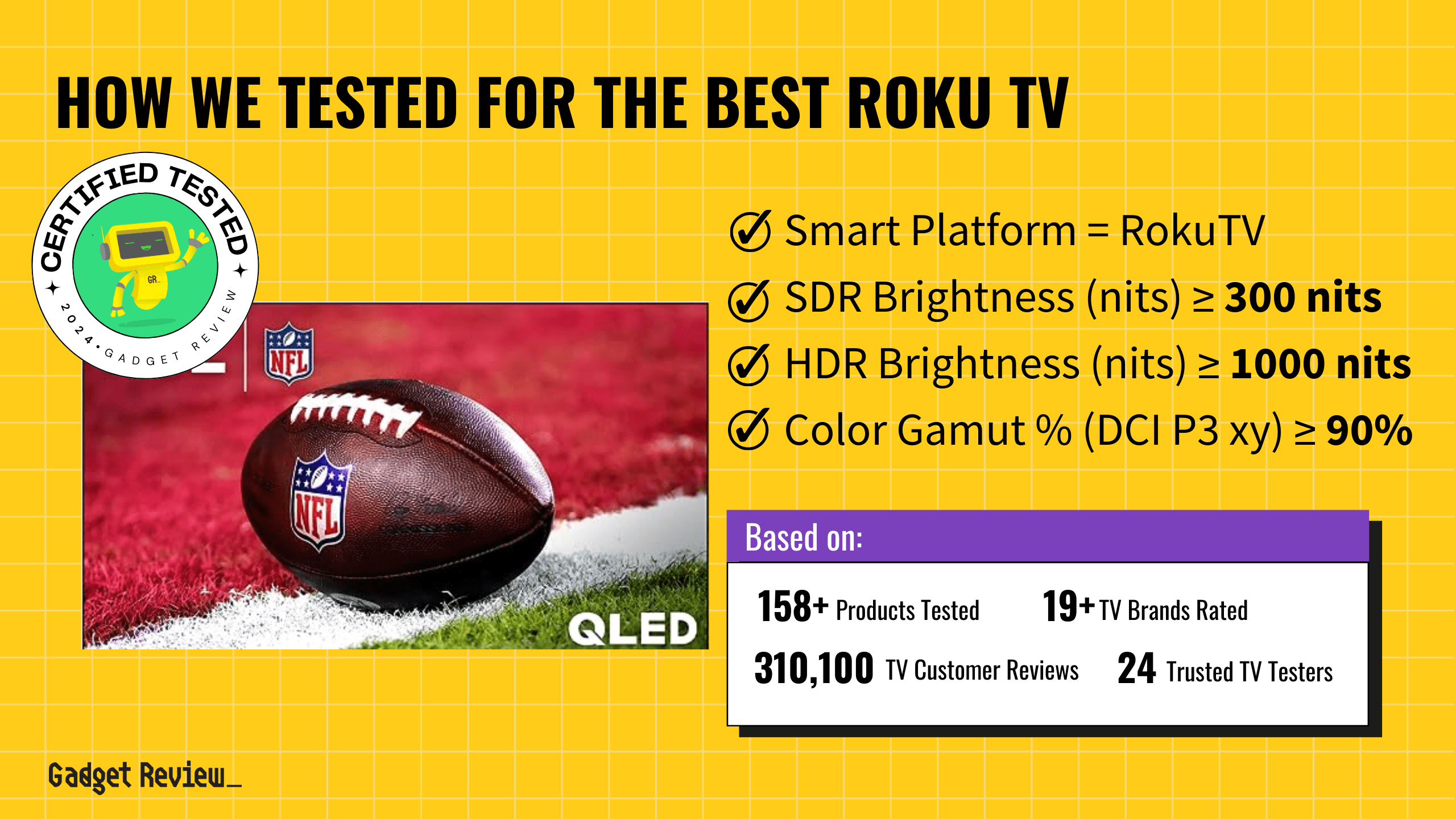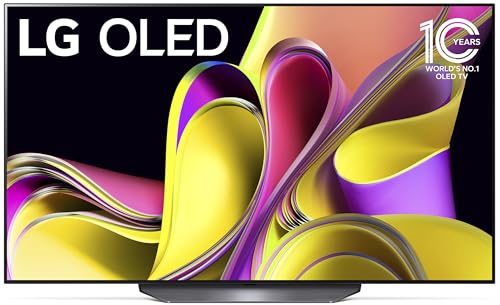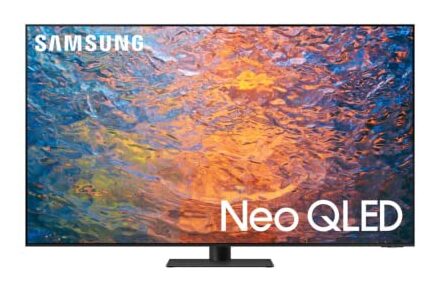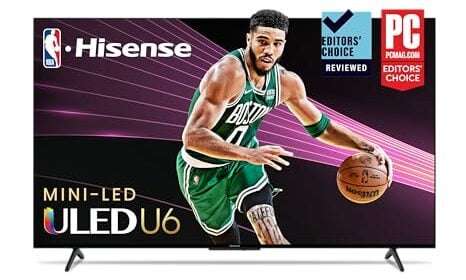
out of
TVs
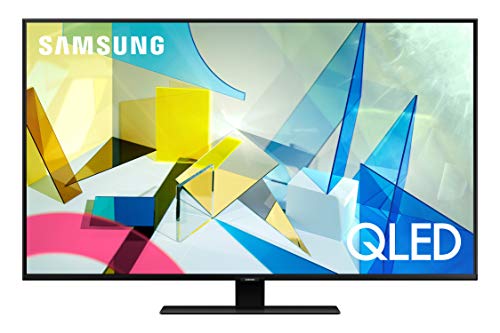
Samsung Q80/Q80T QLED Review
→
Published
True Score
True Score is an AI-powered algorithm of product tests and customer reviews.
Absolutely Fresh

Experts
Consumers
Expert Rankings
(
)
Even without Freeview Play and Dolby Vision support, gamers and PC users will love the Samsung Q80 for its HDR10/HDR10+ support, wide viewing angles, superb sound, and Tizen OS for easy navigability.

We’re reader-supported. Commissions finance our mission. Our ‘True Score‘ system independently powers ratings. Learn more
Product Snapshot
Overview
Hitting the market in late 2019, the Samsung Q80/Q80T QLED checks most boxes for anyone looking to get a decent mid-range 4K Smart TV with impressive picture quality.
The Samsung TV stands out as the most affordable 4K display with a full-array backlight for enhanced blacks, multidirectional drivers for a wide soundstage, and an HDMI 2.1 port paired with a 120Hz refresh rate for next-level gaming.
Make sure you get to the end of this Samsung Q80 Review to find out what else experts had to say about this Smart TV, and don’t forget to check out the highest-rated TVs today
Consensus
our Verdict

The Samsung Q80/Q80T QLED is packed with features that would make it fit for mixed-use, but users looking for a gaming or PC monitor will especially be drawn to it.
With HDR10 & HDR10+ support, gamers and ardent movie watchers will enjoy HD viewing in all formats, and its VA panel guarantees ultra-wide viewing angles in large spaces.
In addition, the Q80’s superior Object Tracking Sound feature, super-fast response times, variable refresh rate, 4K Quantum processor, and easy-to-use Tizen OS place it in good stead compared to previous models, but the lack of Dolby Vision and Freeview Play might be an issue to some.
ReasonS to Buy
- Great black levels
- Superb ultra-wide viewing angles
- Tizen OS is easy to use
- Great contrast and colors
- 4K Quantum image processor
- Very low image lag
- Great upscaling
- Cheapest Samsung TV with local dimming
- Peak brightness at 1500 nits
Reason to Avoid
- No support for Dolby Vision
- Local dimming is ineffective during Game Mode
- No Freeview Play
Samsung Q80/Q80T QLED Specs
 | Backlight Type | Full-Array |
| Display Type | LED | |
| HDMI Inputs | 4 | |
 | HDMI Type | HDMI 2.1 |
| HDR Format | Yes | |
 | HomeKit Compatible | No |
| Max Resolution | 3840 x 2160 (4k) | |
 | Number of Audio Channels | n/a |
 | Panel Type | VA |
| Refresh Rate | 120 Hz | |
| Screen size | 49", 50", 55", 65", 75", 85" | |
 | Smart Platform | Tizen |
 | Speaker Output | 60 watts |
 | Sync Technology | AMD FreeSync, G-Sync |
 | VRR | Yes |
 | Works With | Amazon Alexa, Bluetooth, Google Assistant, Remote Control, SmartThings, Wi-Fi |
All Specs
Test Results
These are the most important criteria to test for TVs based on our comprehensive Testing Methodology.
| Color Gamut % (DCI P3 xy) | 90.19 |
| Color Gamut % (DCI P3 uv) | 92.29 |
| Color Gamut % (Rec 2020 xy) | 66.17 |
| Color Gamut % (Rec 2020 uv) | 73.79 |
| Color Gamut % (sRGB) | 0 |
| Color Gamut % (Rec 709) | 99.93 |
| Color Gamut % (BT.2020) | 0 |
| Color Gamut % (Adobe RGB) | 0 |
| Color Gamut % (BT.709) | 0 |
| Contrast Ratio (x:1) | 3,042 |
| SDR Brightness (nits) | 687 |
| HDR Brightness (nits) | 894 |
| Input Lag (ms) | 18.4 |
| Response Time (ms) | 10.1 |
| Color Washout (Degrees) | 37 |
| Color Shift (Degrees) | 45 |
| Brightness Loss (Degrees) | 45 |
| Reflections (%) | 1.3 |
| Low-Freq Extension (Hz) | 71.27 |
| Freq Response StdDev @ 70db | 3.42 |
| Freq Response StdDev @ 80db | 3.65 |
| Weighted Total Harmonic Distortion @80db | 0.122 |
| Intermodulation Distortion @80db | 2.95 |
| EOTF (600 nit delta) | 0 |
| EOTF (1000 nit delta) | 0 |
| EOTF (4000 nit delta) | 0 |
All Tests

Can You Trust What You Read Online?
Fake reviews are taking over tech journalism—45% of sites are faking product tests. Don’t be misled.
Sign up now for exclusive access to Gadget Review’s bombshell investigation and uncover the truth about tech journalism.
Plus, stay ahead with our daily newsletter, packed with insights you can trust.
All Stores
Updated every 24 hours
- Save $60$797.95$737.95
Availability
In StockFree Shipping
No
Score Card
E
Expert Score
*.75
We place a 75% weighted value on Expert Test Scores
C
Customer Score
*.25
We place a 25% weighted value on Customer Scores
True Score
Any product with a True Score above 80 is a Absolutely Fresh
Expert Scores
Publications with higher Trust Ratings are given more weight.
- 84The Samsung Q80T is an impressive all-around TV. It’s great for watching movies or other… Read More
By:
Steve May - 77The Samsung Q80T is the cheapest 4K QLED that has both full array local dimming… Read More
By:
Unknown - 80The Samsung Q80T TV combines clever smart features, a powerful Quantum processor and impressive Object… Read More
By:
Steve May - 100Despite half as many dimming zones as the Q90T, the Q80T’s picture quality is impressive,… Read More
By:
Kate Kozuch - 80Like: Excellent overall image quality – Superior styling – Wide range of sizes… Read More
By:
Steve May - 100The Samsung Q80T QLED TV is a premium-priced, mid-range QLED that barely puts a pedestal… Read More
By:
David Katzmaier
Learn More About TVs
TV Buying Guides_
Latest DEALS_
-
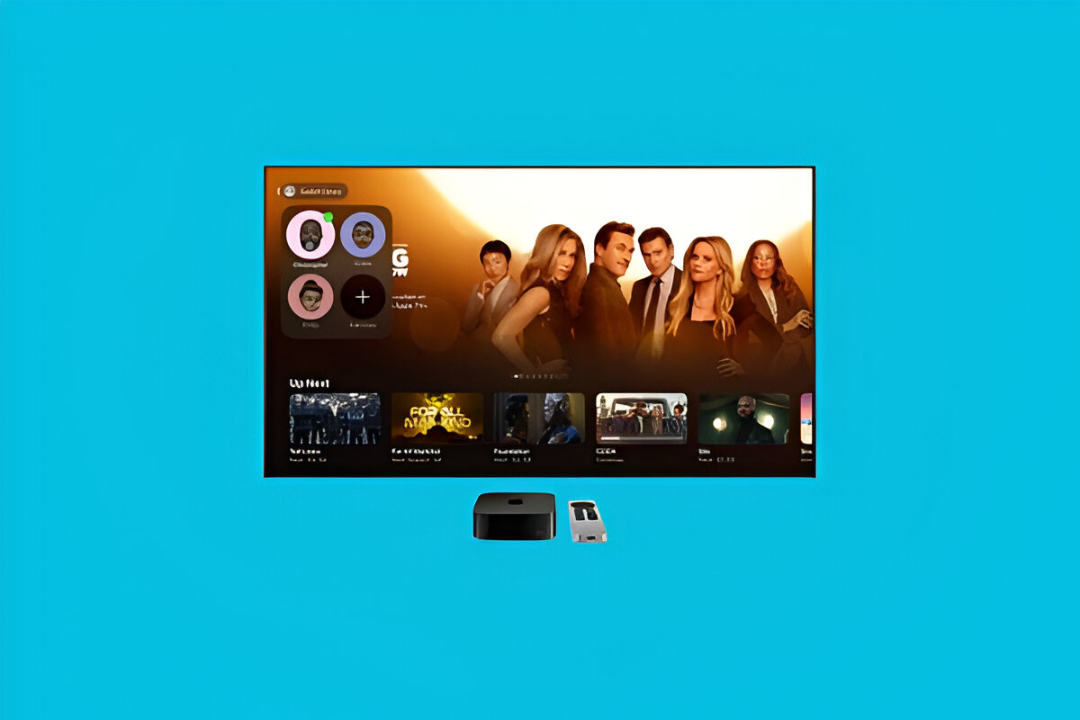
This Apple TV+ deal gives you 1 month free, then $9.99/month
·
-
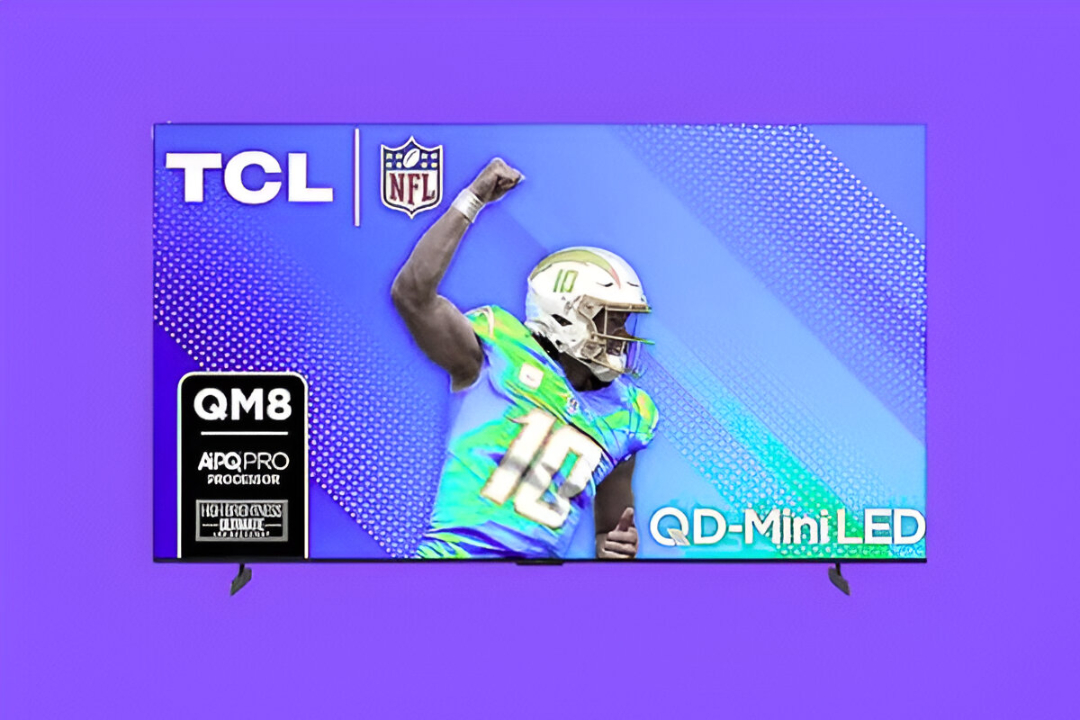
TCL 85-Inch QM85 QD-Mini LED 4K Smart TV (2024) – $1,796.99 (Save 33%)
·
-
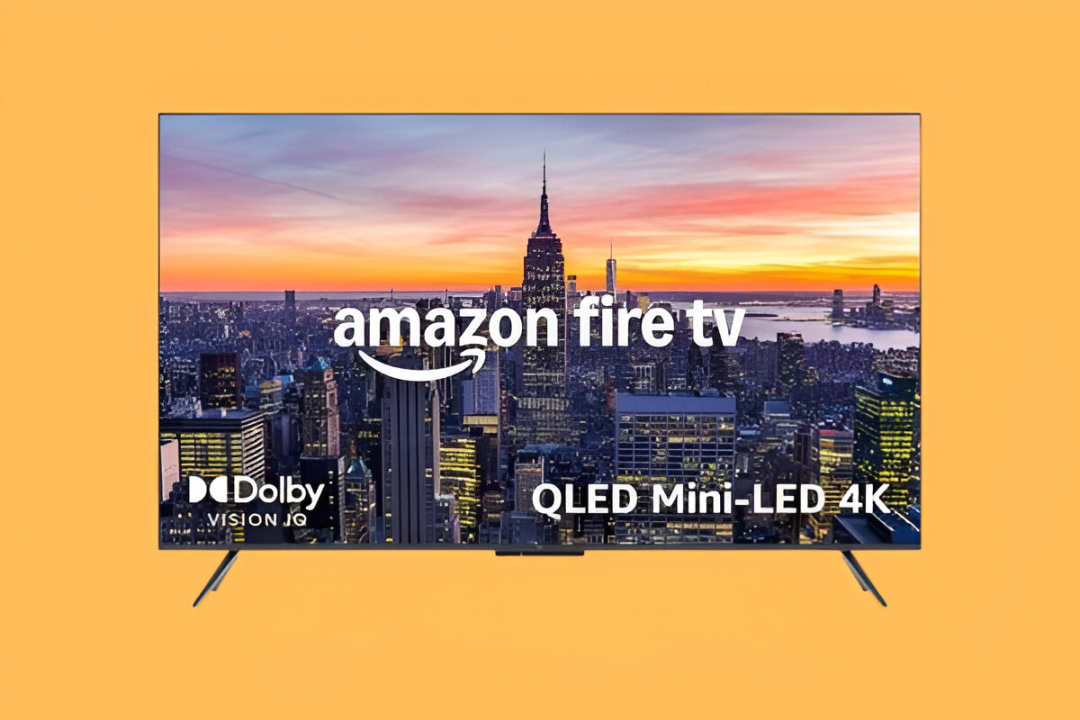
Amazon Fire TV 55″ Omni Mini-LED QLED 4K Smart TV – $769.99 (Save 6%)
·
-
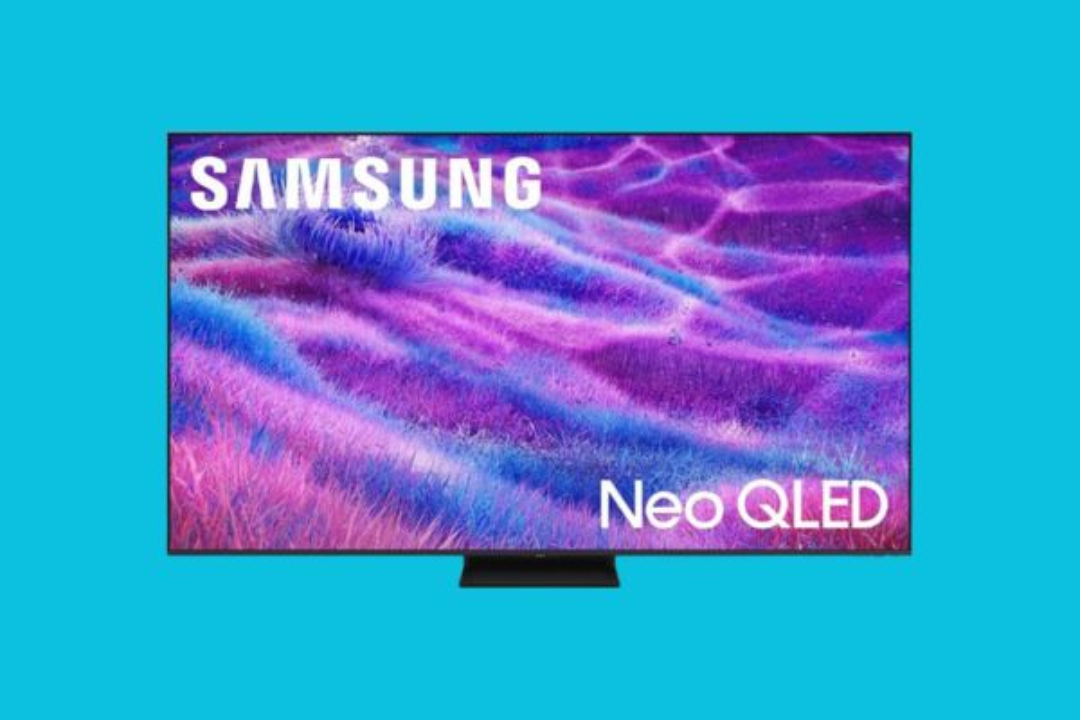
Samsung 85-Inch Neo QLED 4K Smart TV (2025 QN80F) — $2,197.99 (Save $1,300)
·
-
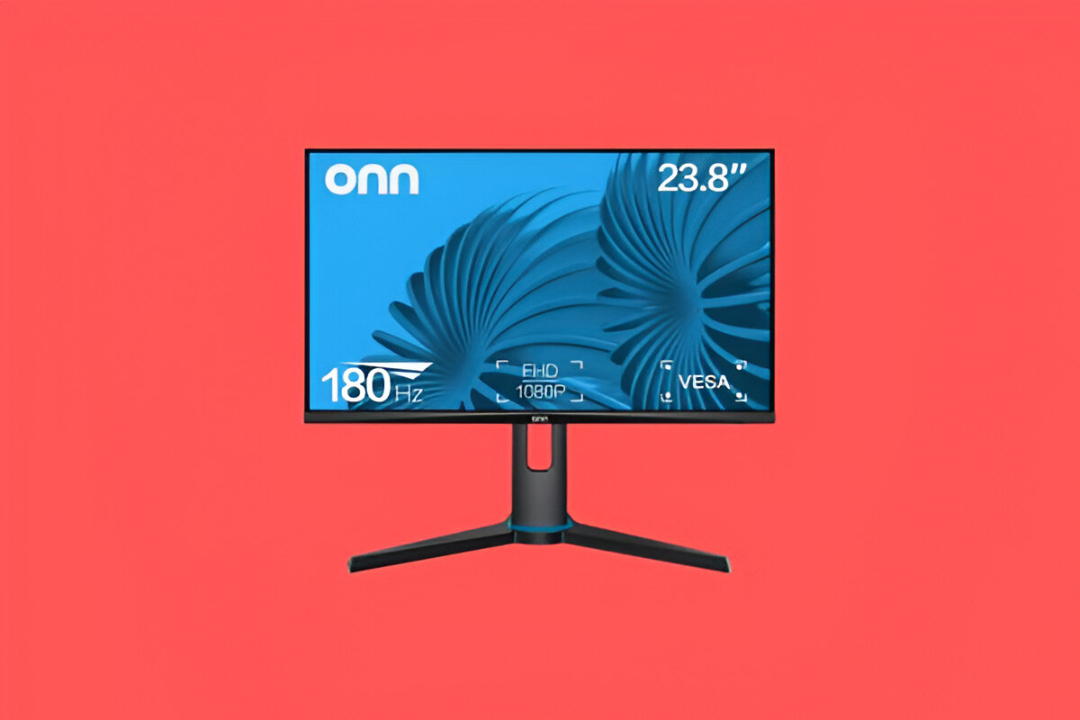
onn. 24″ FHD 180Hz 1ms FreeSync Gaming Monitor — $129 (Save $20)
·














